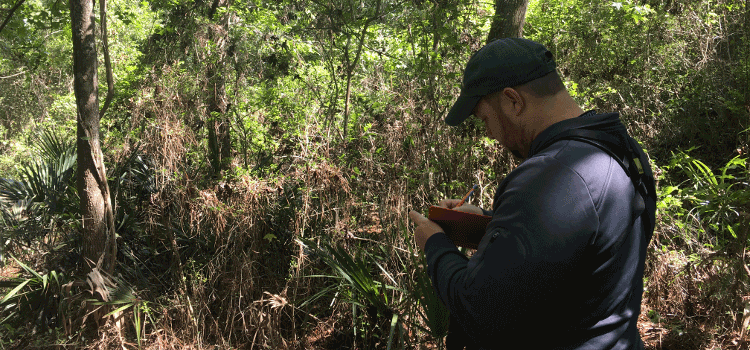Venom complexity correlated with diet complexity in rattlesnakes - Strickland published in PNAS
Posted on June 21, 2021 by Jason Strickland

Dr. Jason Strickland was part of a team of researchers that found that pitvipers that eat more diverse prey tend to have more diverse venoms. The research was published in the Proceedings of the National Academy of Sciences and is entitled “Phylogenetically diverse diets favor more complex venoms in North American pitvipers”. The project was led by Dr. Matthew Holding under the guidance of Dr. Christopher Parkinson. You can read more about the research here. The research team included faculty and students from the United States, Mexico, and Brazil and resulted in the most complete phylogeny of rattlesnakes, cottonmouths, copperheads, and cantils. Dr. Strickland’s research uses genomic data to understand how venoms vary among species and you can find more about his research here.
-

Fierce Featherweights
Imagine being able to increase your muscle mass by 40% within a few we...
December 26, 2024 -

Passionflower Species Named in Honor of Late Biology Professor
University of South Alabama biology professor Dr. Brian Axsmith discov...
July 2, 2024 -

Public Outreach on the Upper Tensaw River
Joel Borden led a natural history tour of the Upper Tensaw River Nov 6...
November 23, 2021 -

Upcoming bird outreach events featuring Joel Borden
Upcoming bird outreach events featuring Biology faculty member Joel Bo...
October 1, 2021


